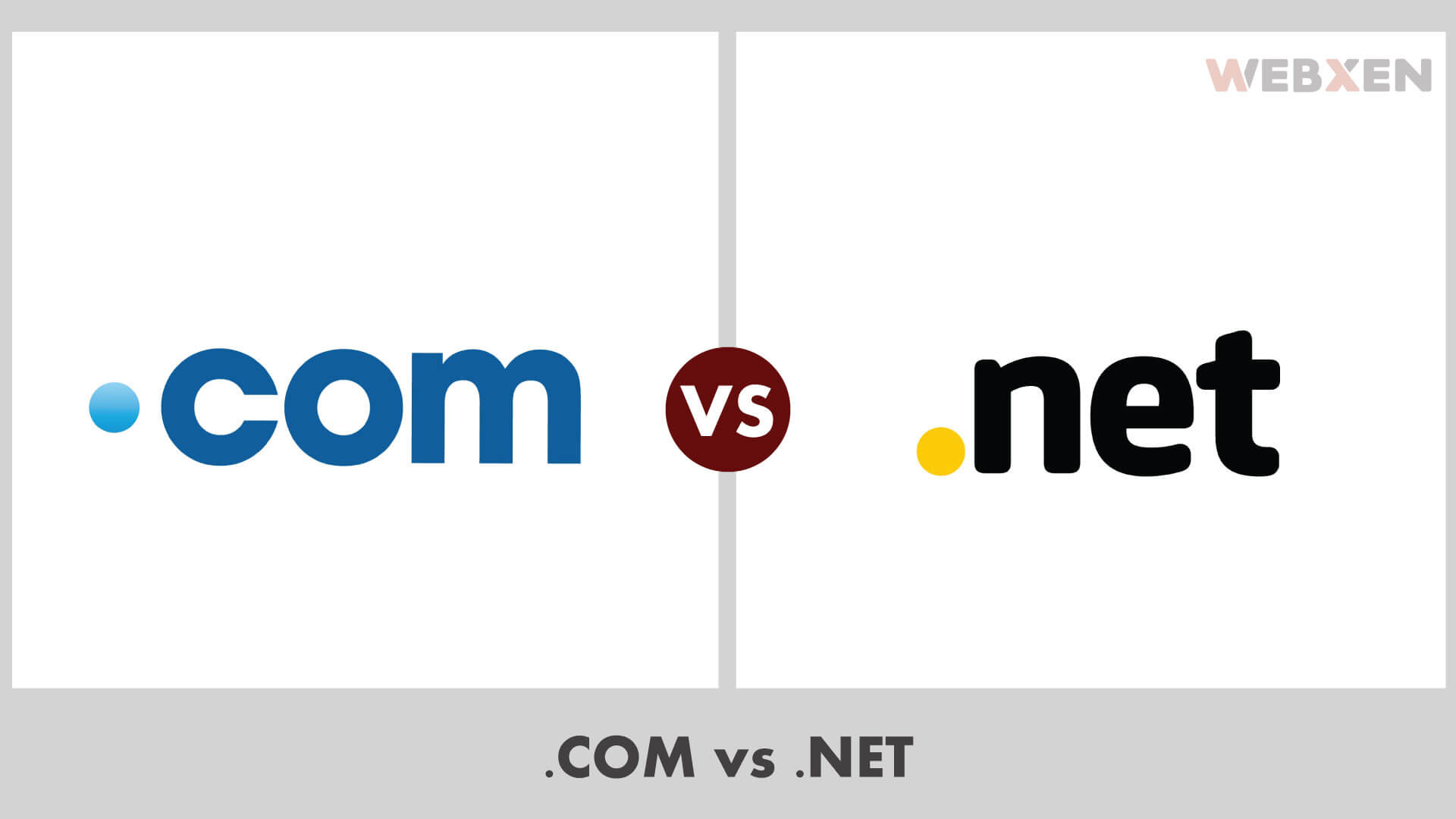
When it comes to staking your claim on the internet, choosing the right domain extension feels like a monumental decision. Two powerhouses – .com and .net – stand tall, each promising a different path to digital success. But which one is right for you? It’s not as simple as picking a color, and understanding the nuances can make all the difference. So, buckle up, internet explorers, as we embark on a quest to demystify these two titans and guide you towards your perfect online domain.
A Tale of Two Beginnings:
The story starts in the early days of the internet, back when dinosaurs still roamed the digital landscape (figuratively, of course). The .com extension, launched in 1985, aimed to be the universal address for commercial entities. This early association cemented its position as the go-to choice for businesses of all sizes, becoming synonymous with legitimacy and trust. Meanwhile, .net, introduced in 1985, focused on the “network infrastructure” of the internet, targeting organizations like internet service providers and universities.
Perception vs. Reality:
While the historical associations remain, the lines are now delightfully blurred. Businesses of all stripes, from innovative startups to established brick-and-mortar stores, proudly call .com their home. Similarly, .net has transcended its initial niche, embracing tech companies, personal websites, and even blogs. What truly matters is understanding the perception your domain extension creates and aligning it with your brand identity.
The .com Advantage:
Let’s face it, .com reigns supreme in terms of familiarity and instant recognition. It’s like the internet’s default language, understood by everyone across borders and demographics. This inherent trust factor can be invaluable for businesses seeking instant credibility, especially in traditional industries. Additionally, a .com domain often suggests a larger, more established operation, even if you’re just starting out.
The .net Allure:
Don’t underestimate the power of .net. It often carries a connotation of technical expertise and innovation, making it a natural fit for tech startups, software companies, and those in the digital sphere. The unique association with network infrastructure can also be advantageous for businesses offering internet-related services or online communities. Moreover, if your desired .com domain is unavailable, .net can be a great, readily available alternative that still conveys professionalism.
Beyond the Extension:
Ultimately, the perfect domain extension is the one that resonates with your target audience and aligns with your brand identity. While .com and .net offer distinct advantages, remember that your domain name itself plays a crucial role. Choose a name that’s memorable, relevant, and easy to spell and type. A strong domain name, regardless of the extension, can go a long way in establishing your online presence.
Additional Considerations:
- SEO: Search engines generally treat both .com and .net equally, so don’t worry about being penalized for one over the other. Focus on creating high-quality content and implementing SEO best practices.
- Target audience: If your audience primarily consists of tech-savvy individuals, .net might be a more fitting choice. Conversely, if you’re targeting a broader audience, .com might be the safer bet.
- Branding and marketing: Consider how the extension complements your overall brand image and marketing efforts. Consistency is key, so ensure your chosen extension aligns with your existing branding materials.
The Final Verdict:
There’s no definitive answer to the .com vs .net debate. The best choice depends on your unique circumstances, brand identity, and target audience. Weigh the pros and cons carefully, consider the brand image you want to project, and don’t be afraid to get creative with your domain name itself. Remember, your domain is your digital doorstep, so choose wisely and make it count!
Bonus Tip: Check out domain availability for both extensions to see which option offers the most desirable and relevant domain name for your needs. Additionally, consider registering both extensions if budget allows, to prevent competitors from capitalizing on your brand name with the other extension.






Daniel Hunter
I’ve been surfing online more than 4 hours today, yet I
never found any interesting article like yours.
It is pretty worth enough for me. In my view, if all webmasters
and bloggers made good content as you did, the web will be a lot more useful than ever before.